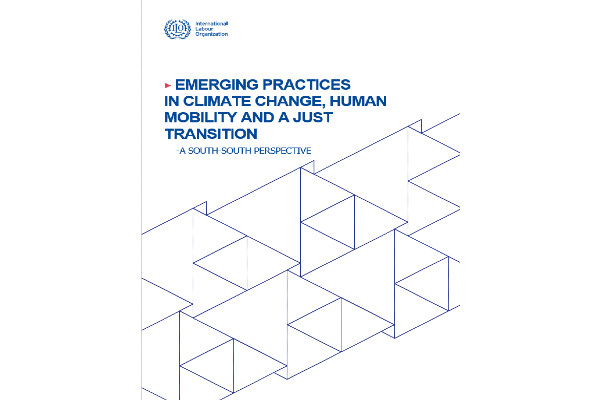
The interaction between climate change, human mobility, and just transition principles presents an urgent challenge, particularly for Small Island Developing States (SIDS) in the Pacific and Caribbean. These nations face climate vulnerabilities, including rising sea levels, extreme weather, and environmental degradation, driving internal and cross-border migration. This report explores emerging practices addressing these challenges with a holistic, collaborative approach.
Climate-change induced mobility is shaped by environmental, economic, social, and political factors. While migration is an adaptive response, it remains a last resort for many communities deeply connected to their ancestral lands. Voluntary immobility has emerged as a key consideration, with affected populations seeking ways to stay in place with dignity. The report highlights top-down and bottom-up strategies for sustainable, rights-based mobility solutions, as per stipulated preliminarily in climate accords that seek to fortify novel standards in international humanitarian law and climate-related (international) diplomacy.
A key focus is the role of South-South and Triangular Cooperation (SSTC) in fostering policy innovation and peer learning. The report explores seven emerging practices, including Fiji’s Planned Relocation Guidelines, Vanuatu’s National Policy on Climate Change and Disaster-Induced Displacement, and the Pacific Regional Framework on Climate Mobility, among others. These initiatives emphasize participatory governance, community engagement, and regional coordination as productive avenues forward in dealing with climate-induced challenges.

